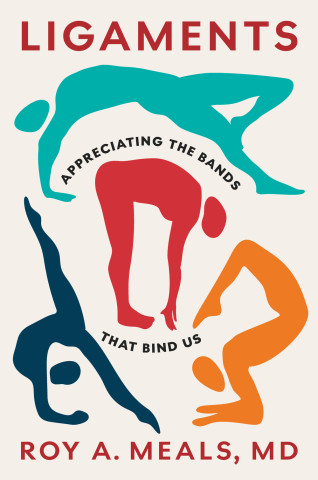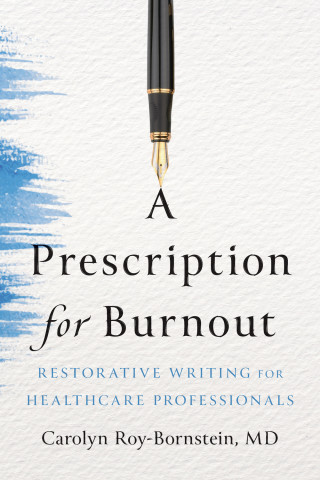
Reviews
Charney is an expert in translating the language and gestures of film—the spoken word, the facial expressions, and the gait and stance of the characters.
Madness at the Movies is a labour of love, primarily, of film and film-making, applied to characterise specific psychiatric disorders.I would recommend this to any student considering clinical work, be it psychology or medical student, as key concepts and behaviours associated with mental health disorders are clearly explained. And, like me, you might discover some unforgettable films that take you somewhere you didn't expect.
James Charney—a psychiatrist, a teacher, and a lover of film—has done something wonderful here. Madness at the Movies is a masterful exploration of the various forms of mental illness as depicted in some of the greatest movies. Rich and fascinating, this original work is the perfect blend of art and science.
I've learned a lot from movies, or thought I did. James Charney's book showed me something new: how movies do and don't open up a window on madness. A psychiatrist in love with great films, he's superbly equipped to show us how and where to look. This book gave me new insights into troubled minds, not to mention great reasons to add several classics to my watch list. If only all professors taught their subjects this way!
Madness at the Movies provides a clear and comprehensive examination of how film, whether the classic Hollywood variety or the more experimental art house form, has explored the issues of mental illness. Dr. James Charney, a practicing psychiatrist at Yale School of Medicine, brings together his professional expertise with his personal love of cinema to chart an effective journey through the ways film has represented and misrepresented the stories of those who suffer from psychological disorders. As someone who teaches medical humanities courses by using film, I can well see basing one of my courses on this book. It is clear, comprehensive, and accessible to the novice, yet intriguing for those with greater knowledge of film, psychology, or both.
I love James Charney's new book. Since my own clinical depression diagnosis, I've been fascinated by how we humans fear any form of mental 'dis-ease.' Movies often lean into demonizing mental disease for dramatic effect. Dr. Charney's new book unravels the stories' false narratives with a balanced discussion on how these films work and with explanations for the illnesses portrayed. Madness at the Movies offers encouragement to learn, enjoy, swallow your fears, and, if you need it, to ask for help. I highly recommend this book to the curious or unsettled mind.
Madness at the Movies is a remarkable book for the student of film or psychology or for anyone who loves movies and would appreciate a fascinating read. The original and scientifically precise observations here about what makes us human—using cinema and psychopathology as a pair of parallel lenses—explicate our neurological and characterological strengths and frailties. Although Dr. Charney is rigorous in applying his clinical knowledge, he writes in an informal style that is easily accessible. Madness at the Movies is a one-of-a-kind, interdisciplinary volume that will have enormous impact.
As its title suggests, Madness at the Movies offers a 'double take' on its subject matter, thanks to the psychotherapeutic and film critical expertise of its author. Dr. James Charney, a practicing psychiatrist and life-long cinephile, brings his two-fold perspective to bear on a broad sampling of movies, ranging from Hollywood classics to auteurist works, from romcoms, thrillers, foreign art films, edgy independent productions, family dramas, and of course, horror. Written in a lively, conversational style, Dr. Charney conveys with clarity and passion the way in which the powers of cinematic expressivity can shed light on the dark recesses of psychopathology.






